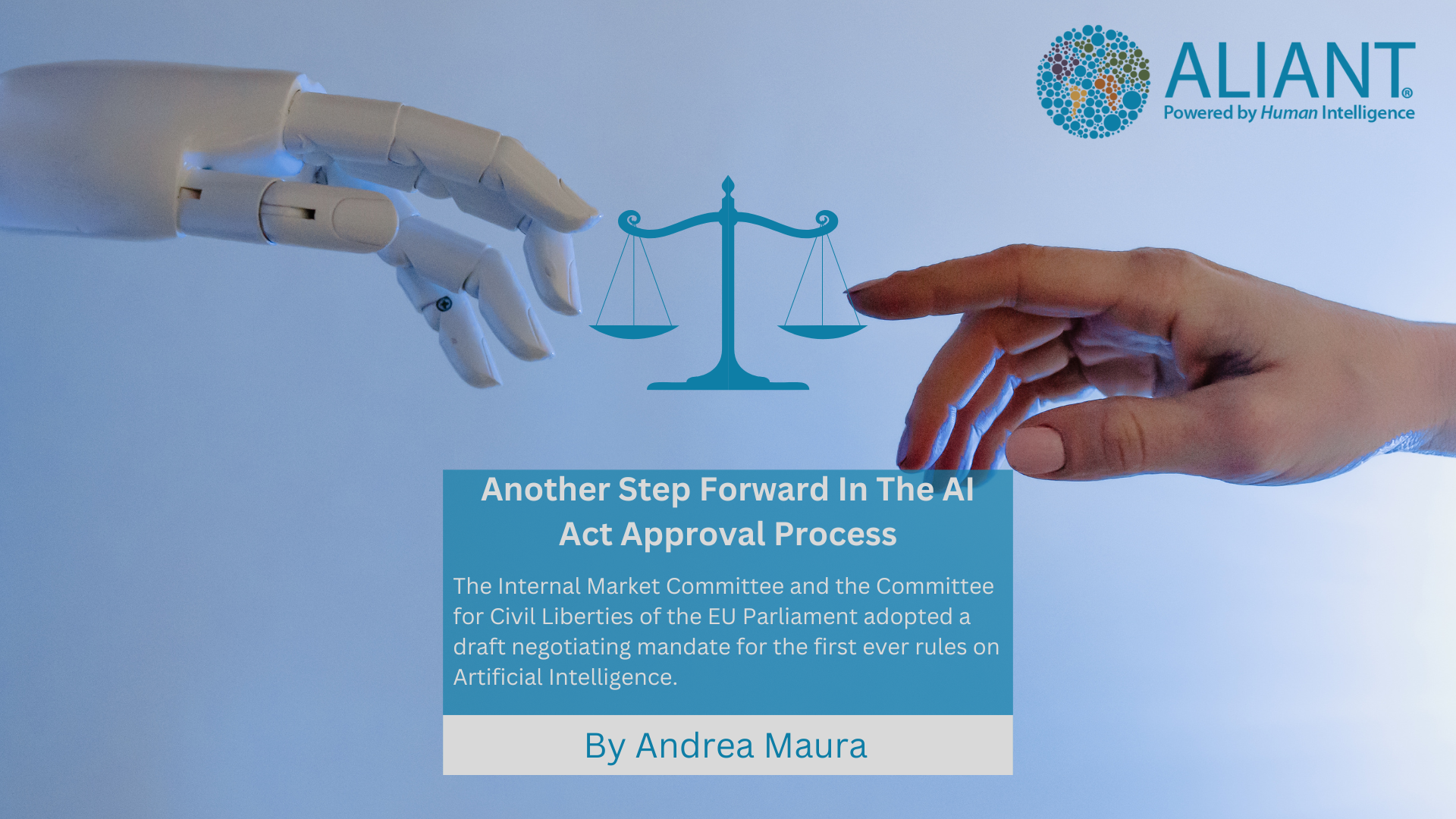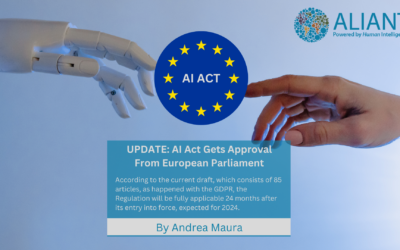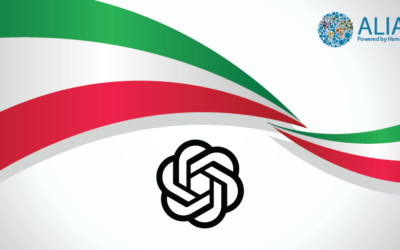AI Act steps forward: European Parliament Advances – Safeguarding Safety, Rights, and Innovation.
The Internal Market Committee and the Committee for Civil Liberties within the European Parliament have adopted a draft negotiating mandate for the first AI Act. The rules follow a risk-based approach and establish obligations for providers and users depending on the level of risk that AI can generate. Here are some of the key points of the text:
- Prohibition for systems with an unacceptable level of risk to people’s safety, including systems that employ subliminal or manipulative techniques, exploit people’s vulnerabilities or are used for social scoring.
- Expansion of the high-risk areas classification to include damages to people’s health, safety, fundamental rights or the environment, and AI systems used to influence voters in political campaigns and recommendation systems used by social platforms with over 45 million users (under the Digital Services Act).
- Compliance from Generative foundation models like ChatGPT with further transparency requirements, including communication that the content has been generated by AI, model design to prevent it from generating illegal content, and publishing summaries of copyright-protected data used for training.
- Promotion of innovation, through the introduction of exemptions for research activities and encouraging the use of “regulatory sandboxes” to test AI before its actual deployment.
- Strengthening of citizens’ rights, allowing them to file complaints about AI systems and receive explanations for decisions based on high-risk AI systems; the EU AI Office will be responsible for monitoring the application of these rules.
As for the 𝗻𝗲𝘅𝘁 𝘀𝘁𝗲𝗽𝘀, before the beginning of the negotiations with the Council for the final approval of the AI rule (expected in 2024), the text must be approved by the Parliament during the session of June 12-15.
See Aliant Blog articles on the development of ChatGpt in EU here.
Here is an update : AI Act is approved by the European Parliament!
FOLLOW US ON LINKEDIN
SEE MORE ALIANT INSIGHTS




